How to Choose the Best Hearing Aid Batteries for Optimal Performance and Longevity
When it comes to ensuring the optimal performance and longevity of hearing aids, selecting the best hearing aid batteries is crucial. The right batteries not only power the device but also significantly impact the listening experience of users. With a myriad of options available on the market, understanding the unique requirements of different hearing aids becomes essential. This article will guide you through the key factors to consider when selecting hearing aid batteries, helping you make an informed choice that aligns with your lifestyle and auditory needs.
From understanding battery types and their specifications to recognizing how factors like battery life and compatibility can influence performance, this guide offers a comprehensive overview. We will delve into the importance of finding reliable brands and how maintenance practices can extend the life of your batteries. By arming yourself with knowledge about hearing aid batteries, you can enhance your hearing aid's efficiency, ultimately contributing to an improved quality of life.
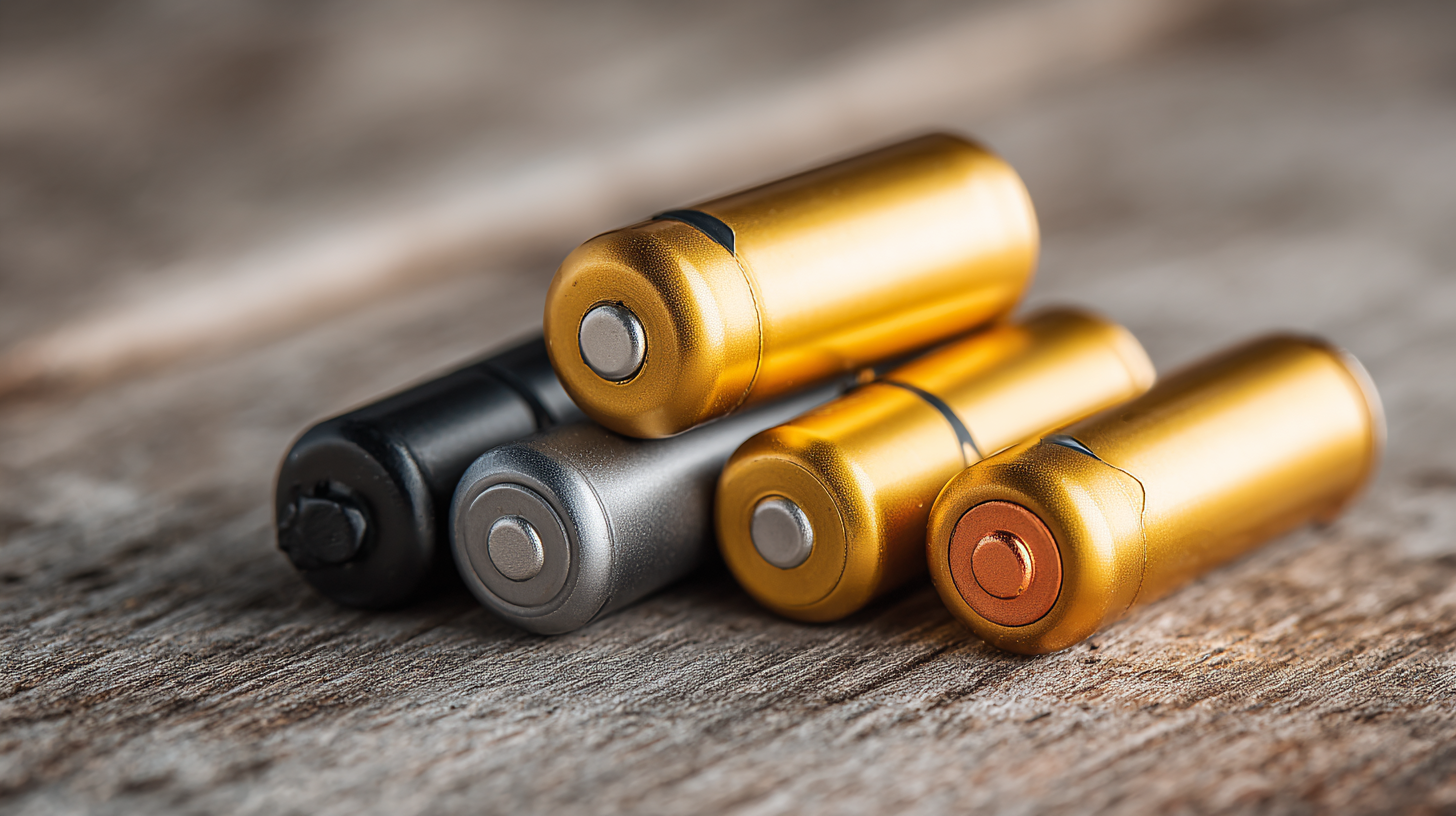
Understanding Different Types of Hearing Aid Batteries and Their Features
When selecting hearing aid batteries, understanding the various types and their unique features is essential for ensuring optimal performance and longevity. The most common types of hearing aid batteries include zinc-air, lithium-ion, and rechargeable batteries. Zinc-air batteries are popular for their initial high energy capacity, making them ideal for traditional analog and some digital devices. They come in different sizes, with colored coding helping users identify the right fit.
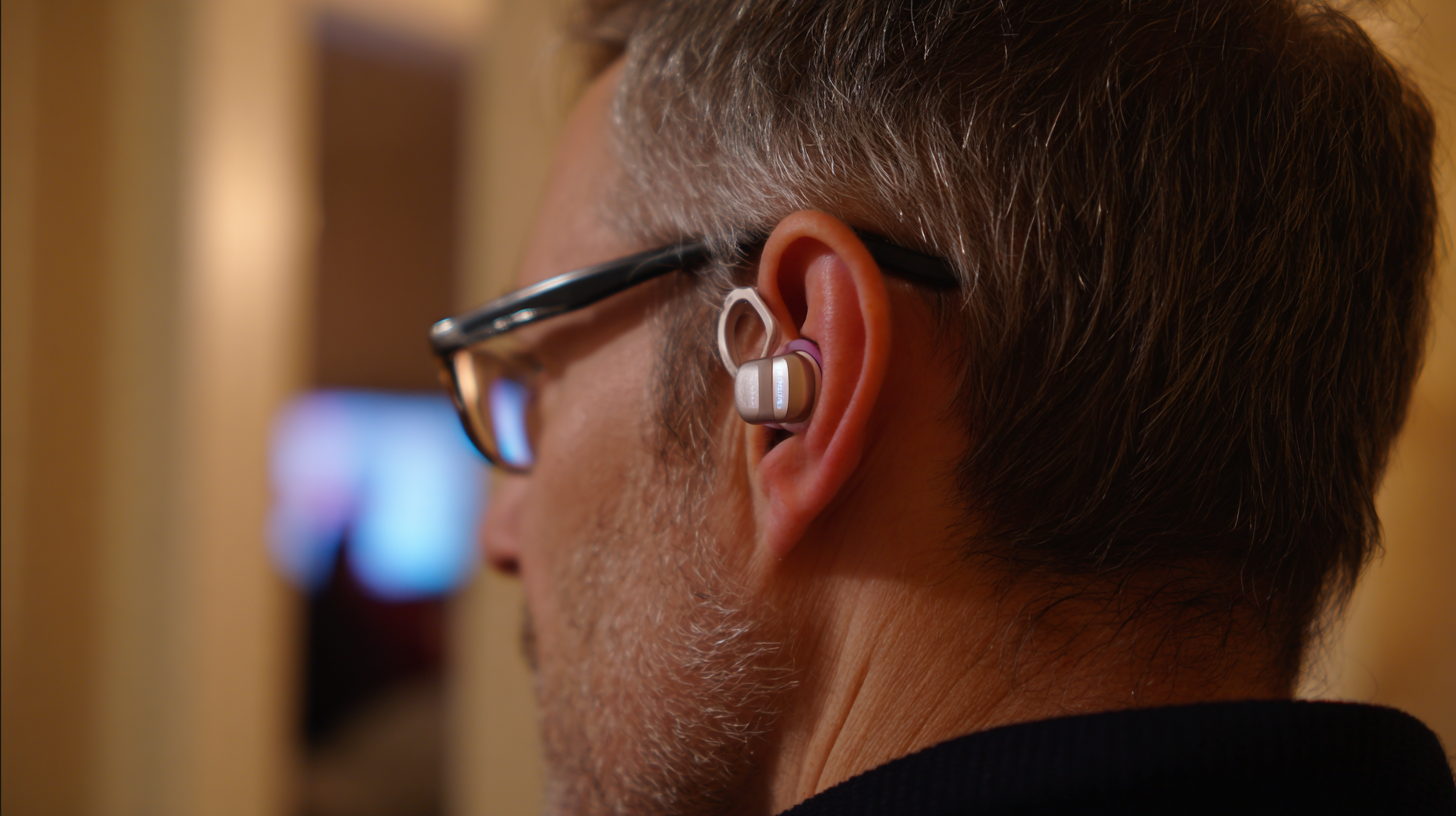
On the other hand, lithium-ion batteries have gained traction due to their rechargeable nature, offering a different set of benefits. They often provide longer battery life per charge and can be more convenient for users who prefer not to frequently change batteries. However, the initial cost may be higher, but the trade-off is reduced ongoing expenses and less waste.
Tip: Always check the manufacturer's specifications for your hearing aid to ensure compatibility with the type of battery you choose. Tip: Keep a few extra batteries on hand to avoid being caught without power when you need your hearing aids most. With the right knowledge and preparation, choosing the best hearing aid batteries can significantly enhance your listening experience.
Factors to Consider When Choosing Hearing Aid Batteries for Your Device
When selecting hearing aid batteries, several factors play a crucial role in ensuring optimal performance and longevity. The first aspect to consider is the battery type, which commonly includes zinc-air, rechargeable, and lithium-ion options. Zinc-air batteries are popular due to their lightweight design and ease of use, but they have a limited shelf life once activated. Rechargeable batteries, on the other hand, provide convenience and are cost-effective over time; however, they may require more frequent charging depending on usage.
Another essential factor is the battery size, which should match your specific hearing aid model. Each size comes with a unique color code, making it easier to identify the right one. Additionally, consider the battery’s mAh (milliampere-hour) rating, as this indicates the capacity and longevity of the power supply. High-capacity batteries may last longer in devices with higher energy demands, ensuring your hearing aids operate efficiently throughout the day. Selecting the appropriate batteries tailored to your specific needs will enhance your hearing experience significantly.
How to Choose the Best Hearing Aid Batteries for Optimal Performance and Longevity
| Battery Type | Average Lifespan (Days) | Voltage (V) | Best Used For | Cost Range (USD) |
|---|---|---|---|---|
| Zinc Air | 5-14 | 1.4 | Most hearing aids | 0.50 - 1.50 |
| Lithium-ion | 2-3 years | 3.7 | Rechargeable hearing aids | 50 - 100 |
| Alkaline | 3-6 | 1.5 | Occasional use | 0.25 - 0.75 |
| Rechargeable NiMH | 1-2 years | 1.2 | Rechargeable models | 30 - 80 |
Tips for Maximizing the Longevity of Your Hearing Aid Batteries
When it comes to maximizing the longevity of your hearing aid batteries, understanding their type and maintenance is crucial. According to a study by the National Institute on Deafness and Other Communication Disorders (NIDCD), nearly 1 in 8 people in the U.S. aged 12 and older have hearing loss in both ears, making reliable battery performance essential for effective communication. Opting for zinc-air batteries, which are the most commonly used in hearing aids, can yield longer usage times—typically between 3 to 7 days, depending on the model and usage.
To enhance the life of your batteries, consider storing them in a cool, dry place away from humidity and extreme temperatures. A report by the Hearing Industries Association (HIA) states that moisture is a leading cause of battery failure, with improperly stored batteries potentially losing up to 50% of their lifespan. Regularly cleaning your hearing aids and ensuring a secure fit can also reduce battery drain, as devices working harder to compensate for poor fit consume more power.
These simple steps can make a significant difference, allowing you to maximize both performance and longevity of your hearing aid batteries.
Evaluating Battery Performance: What to Look for in 2025 Models
When evaluating battery performance in hearing aids, especially with the 2025 models on the market, there are several key factors to consider. First, look at the battery life, which is crucial for ensuring uninterrupted hearing assistance throughout the day. Many users prefer batteries that offer a longer lifespan without frequent replacements, allowing for a hassle-free experience. Additionally, check the compatibility of the batteries with your specific hearing aid model to avoid any performance issues.
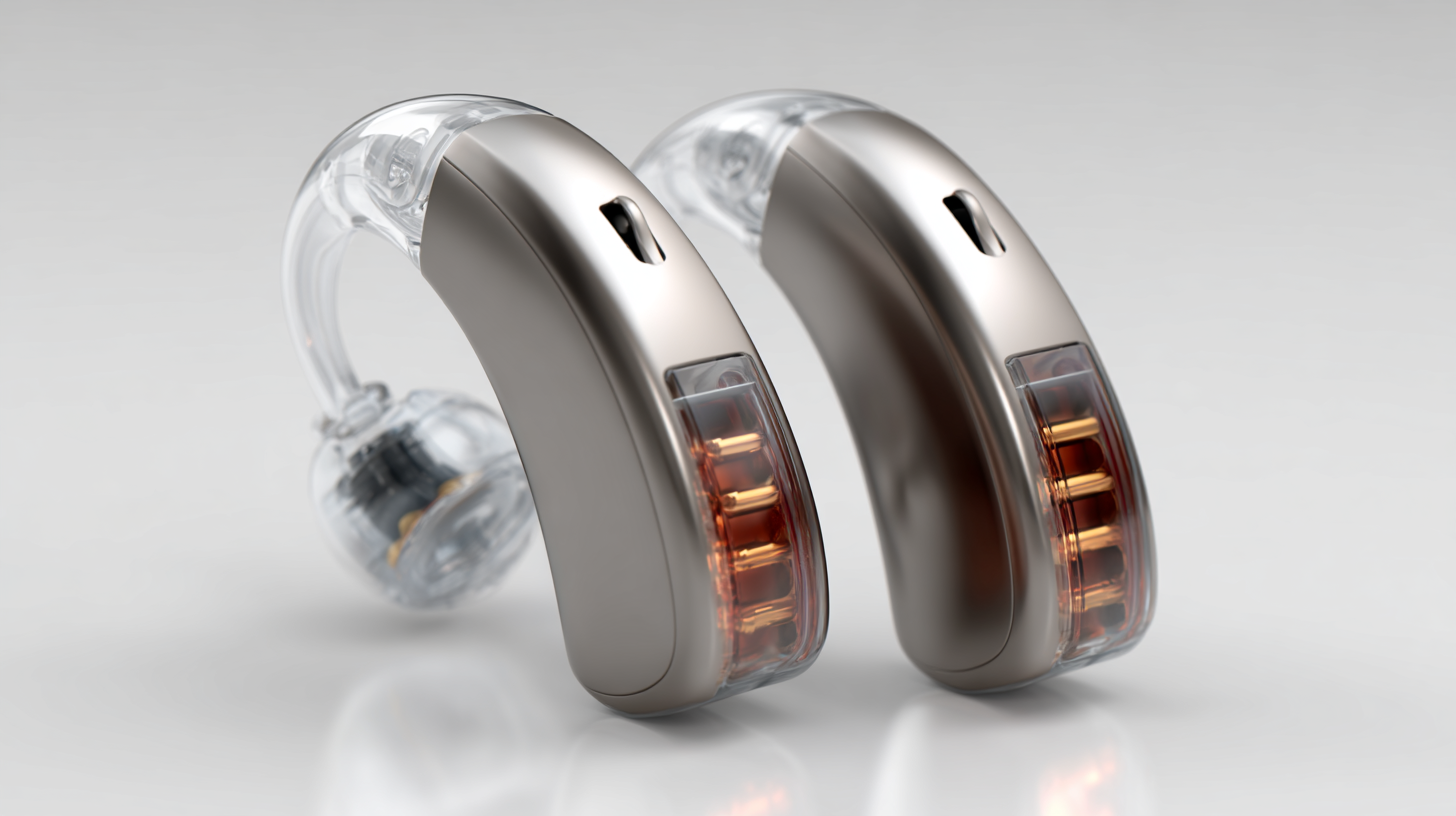
Tips: Always opt for reputable brands that specifically produce hearing aid batteries. These brands often provide better performance, reliability, and safety features compared to generic options. Furthermore, consider the environmental impact of your battery choice; rechargeable options can not only save you money in the long run but also reduce waste.
Another important aspect to evaluate is the battery’s performance in different conditions. Hearing aids may experience varied performance based on the user's lifestyle, including exposure to humidity or temperature fluctuations. Ensure to select batteries that can withstand these elements without compromising on performance. Regularly consult user reviews and technical specifications to find the best options tailored to your needs.
Sustainable Options: Eco-Friendly Hearing Aid Battery Solutions for the Future
As the demand for hearing aids continues to grow, so does the need for sustainable battery solutions. Eco-friendly hearing aid batteries are becoming a popular choice among users who want to minimize their environmental impact while enjoying the benefits of advanced hearing technology. One notable alternative is rechargeable lithium-ion batteries, which not only reduce waste by avoiding single-use cells but also provide long-lasting power for hearing aids. These batteries can be charged hundreds of times, offering a sustainable solution that aligns with the increasing emphasis on environmental responsibility.
Additionally, manufacturers are now exploring biodegradable and recyclable battery materials as part of their commitment to sustainability. These innovations not only reduce the ecological footprint associated with traditional battery disposal but also address concerns about harmful chemicals that can leach into the environment. By choosing eco-friendly options, consumers can play a vital role in promoting sustainability while ensuring their hearing aids function optimally. As technology evolves, prioritizing sustainable hearing aid battery solutions is crucial for both personal health and the health of our planet.
Hearing Aid Battery Performance Comparison
This chart compares the performance and longevity of different types of hearing aid batteries. The data represents average hours of use before replacement for standard alkaline, rechargeable lithium-ion, and eco-friendly lithium primary batteries.
Related Posts
-
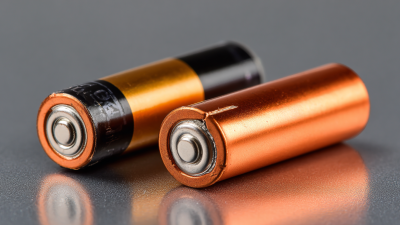
Navigating Import Export Certifications for the Best Hearing Aid Batteries Market
-
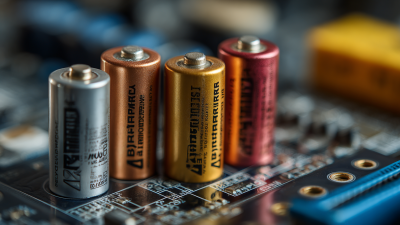
How to Effectively Choose the Right AA Battery Replacement for Optimal Performance
-
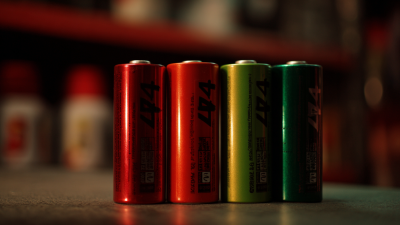
How to Choose the Right Double A Batteries for Your Everyday Needs
-
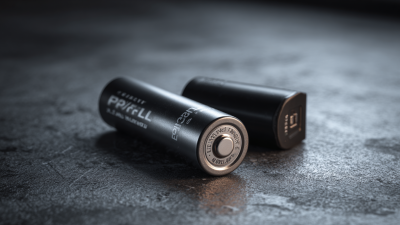
Unveiling Procell AA Batteries: The Science Behind Their Longevity and Performance Explained
-
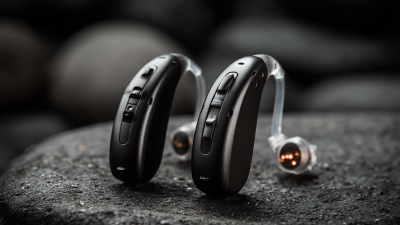
Navigating Import and Export Certifications for the Best Battery Operated Hearing Aids
-
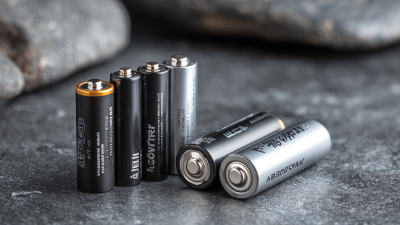
How to Choose the Best Procell AA Batteries for Your Devices
